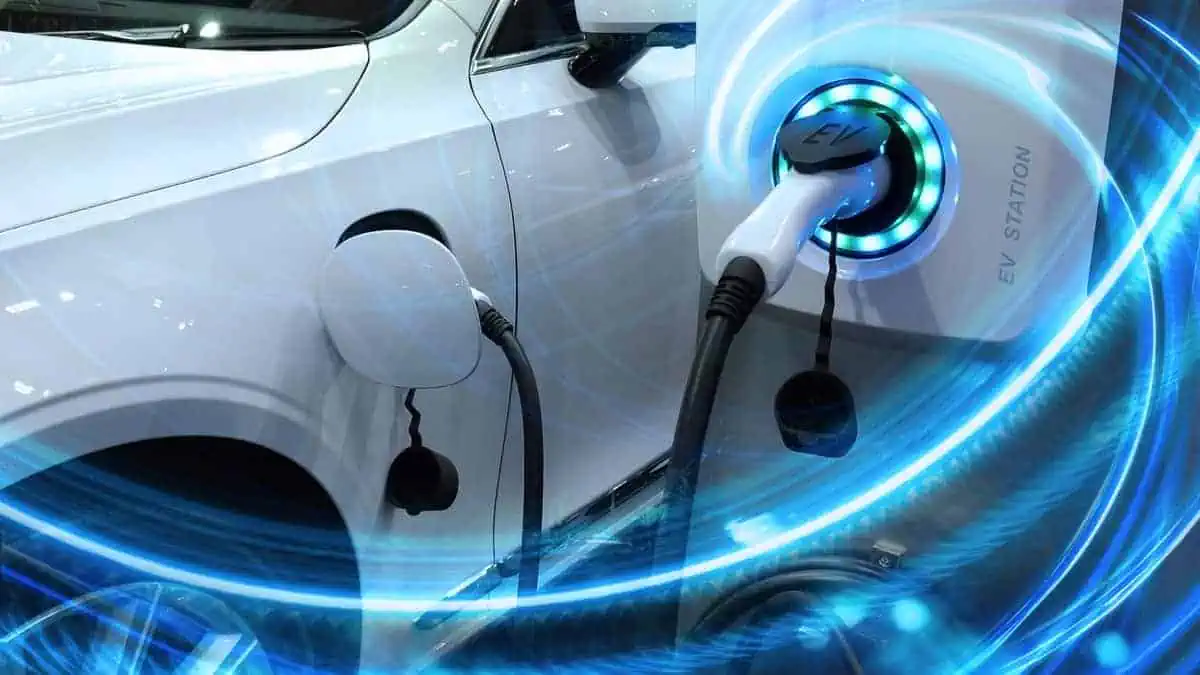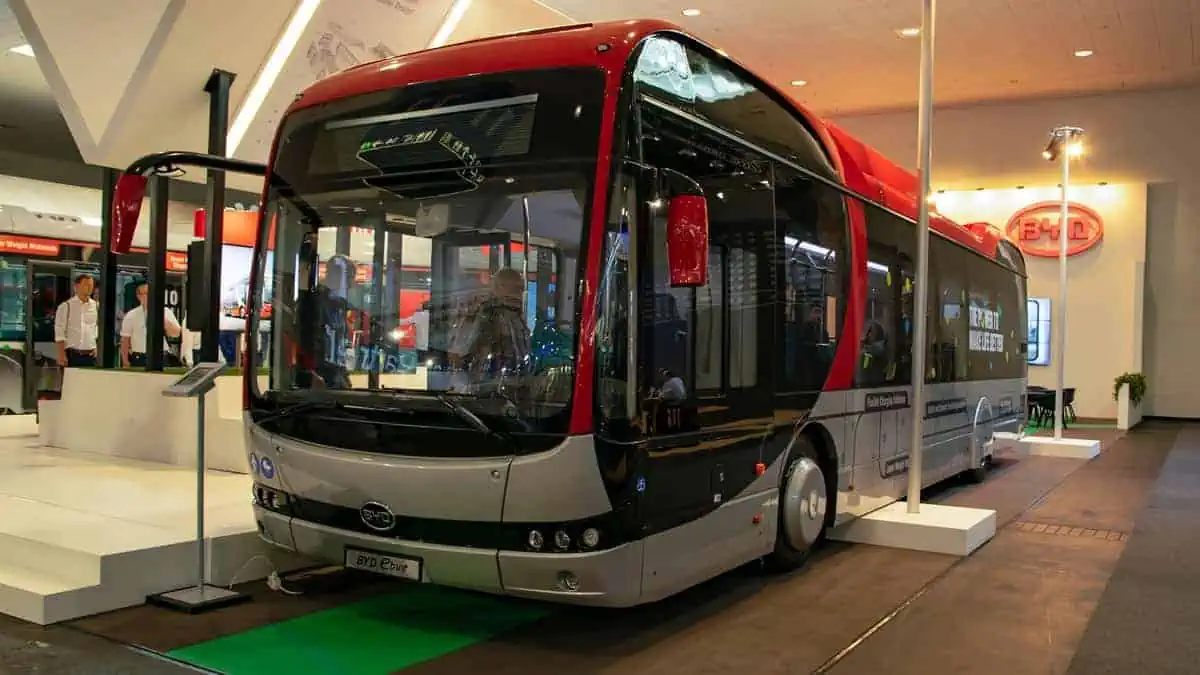The Australian government is on track to announce a final bill containing its inaugural vehicle emissions standard to parliament this week, signifying its commitment to a more sustainable future. However, the proposed rules apparently mirror the same mistakes the US did.
Changes in US’ fuel-efficiency standards
The US Environmental Protection Agency (EPA) announced a series of new fuel-efficiency standards on Thursday, according to The Driven. The changes aim to give automakers extended time to reduce emissions from their new vehicles and provide them with extra credits for their eco-friendly technology.
Nonetheless, the new standards still aim to have electric and hybrid vehicles account for over two in three new car sales in the US by 2032. EVs are expected to account for 56% of new vehicle sales instead of 60%. Meanwhile, hybrid electric vehicles will make up 13%.
The EPA claims that these changes can enable the country to cut 6.3 billion tonnes of carbon from the transportation sector. In addition, it will also reportedly generate $US13 billion ($19.6 billion) in public health benefits.
“With transportation as the largest source of US climate emissions, these strongest ever pollution standards for cars solidify America’s leadership in building a clean transportation future.”
EPA administrator Michael S. Regan
Australia finalizes its own standard
The changes in the US fuel-efficiency standards come as the Australian government finalizes its own fuel-efficiency standard. Australia aims to officially reveal the new standard in January 2025.
Australia’s proposed fuel efficiency standards aim to reduce new vehicle emissions by more than 50% by 2029. This emissions reduction rate will reportedly save Australians $95 billion in fuel costs by 2050. In effect, the country will have 321 million fewer tons of carbon emissions by then.
These figures are definitely way lower than the new EPA rules in the US. However, the latter also has 13 times as many people in Australia.
That said, the peak lobby group for Australian automakers warned that changes in the US fuel-efficiency standards should come as a lesson to the country’s policymakers that companies need more time to produce EVs.
FCAI demands more time, lower penalties, etc.
The Federal Chamber of Automotive Industries Chief Executive Tony Weber asserted that the changes to the US laws supported his claims that automakers need more time to produce low-emission cars in the Australian market.
“A vehicle-efficiency standard is a major step for Australia and we should take the time to ensure that car companies have sufficient time to increase the supply of zero and low-emission vehicles into the local market.”
Federal Chamber of Automotive Industries CEO Tony Weber
CEO Weber further warned of a potential “disaster” if local policymakers rush to develop fuel-efficiency standards.
“Rushing to introduce a scheme in just nine months time without learning from the US experience is a recipe for a disaster in Australia.”
Federal Chamber of Automotive Industries CEO Tony Weber
Therefore, FCAI is calling for the government to make significant changes to the proposed New Vehicle Efficiency Scheme, such as follows:
- Slower start
- Smaller penalties for exceeding emission limits
- Introduction of “technology credits”
- Removal of SUVs from the passenger vehicle category
CEO Weber also recommends that the government incentivize electric vehicle buyers and electric automakers with local manufacturing, such as in the US.






